Ecogames: Playful Perspectives on the Climate Crisis
Ecogames: Playful Perspectives on the Climate Crisis brings together authors who explore the aspects of ecocritical engagement in and through games.

Ecogames: Playful Perspectives on the Climate Crisis brings together authors who explore the aspects of ecocritical engagement in and through games.
How we can improve media literacy skills through the use of digital games?
In an article published in the Journal of Analogue Game Studies Laura op de Beke discusses the role of LARP (Live Action Role Playing) games in understanding the climate crisis. Within the article she explores how the environment is considered and included within the Nordic LARP sphere.
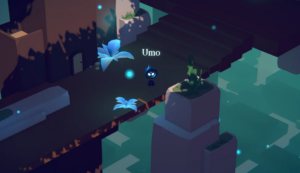
Heads up UU students! Ever wondered what it would be like to build a video game to change the world? We have a few late registration spots left in our BSc course ‘The Sustainability Game’! This course is open to all 2nd and 3rd year Utrecht University students who have some previous interest and background
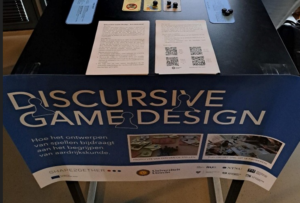
Last November Aengus, Isabel and Mick visited two conferences to share some of the outcomes of the Erasmus+ hape2gether project with a broader audience.
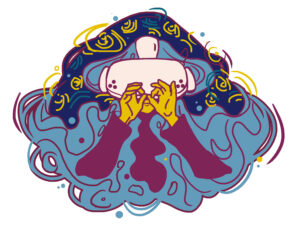
Book Title: Beyond the Empathy Machine: Critical Perspectives on Virtual Reality Editors: Professor Sandra Ponzanesi (s.ponzanesi@uu.nl), Dr. Jenny Andrine Madsen Evang (j.a.m.evang@uu.nl), Dr. Wouter Oomen (w.a.oomen@uu.nl), Laurence Herfs (l.l.herfs@uu.nl), and Lisa Burghardt (l.burghardt@uu.nl) Over the last decade or so, Virtual Reality (VR) has been honed as a new frontier in social tech. From Chris Milk and Gabo

After a successful run last fall, Flora Roberts, Laura op de Beke, and Stefan Werning, representing the Network for Environmental Humanities (NEH) and the Utrecht Game Lab, are back with another series of ecogame play(testing) sessions.
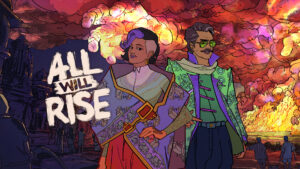
The Kickstarter campaign for All Will Rise: a narrative courtroom deck-builder has gone live. This game, developed by the team of Speculative Agency, has our own Joost Vervoort as science and impact director. He leads the academic side of the project and focus on the societal impact of the game.

Heads up UU students! Ever wondered what it would be like to build a video game to change the world? We have a few late registration spots left in our BSc course ‘The Sustainability Game’! This course is open to all 2nd and 3rd year Utrecht University students who have some previous interest and background

How do you simulate a climate crisis? How can you convey an ecocritical message that invites reflection and, perhaps, action? Participants of the Mzansi Game Jam (MGJ) developed games that addressed these questions from various angles.

Last November Aengus, Isabel and Mick visited two conferences to share some of the outcomes of the Erasmus+ hape2gether project with a broader audience.

How do you simulate a climate crisis? How can you convey an ecocritical message that invites reflection and, perhaps, action? Participants of the Mzansi Game Jam (MGJ) developed games that addressed these questions from various angles.

Last November Aengus, Isabel and Mick visited two conferences to share some of the outcomes of the Erasmus+ hape2gether project with a broader audience.
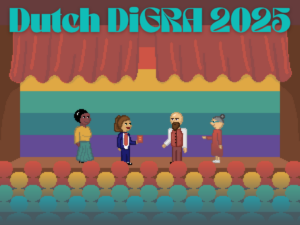
Programme, sign-up sheet, and abstracts now available! This year the Dutch DiGRA is hosted by Utrecht University. The programme is filled with research about the future of game studies, gamification and play in contemporary society, and much more! All are welcome, so sign up using the Google Form in this post!
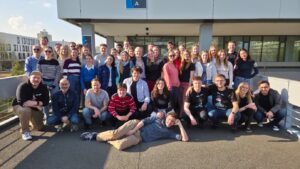
This is a reflection of the third and final “summer” school of the Shape2Gether Erasmus+ project that took place a month ago in Bochum, Germany.